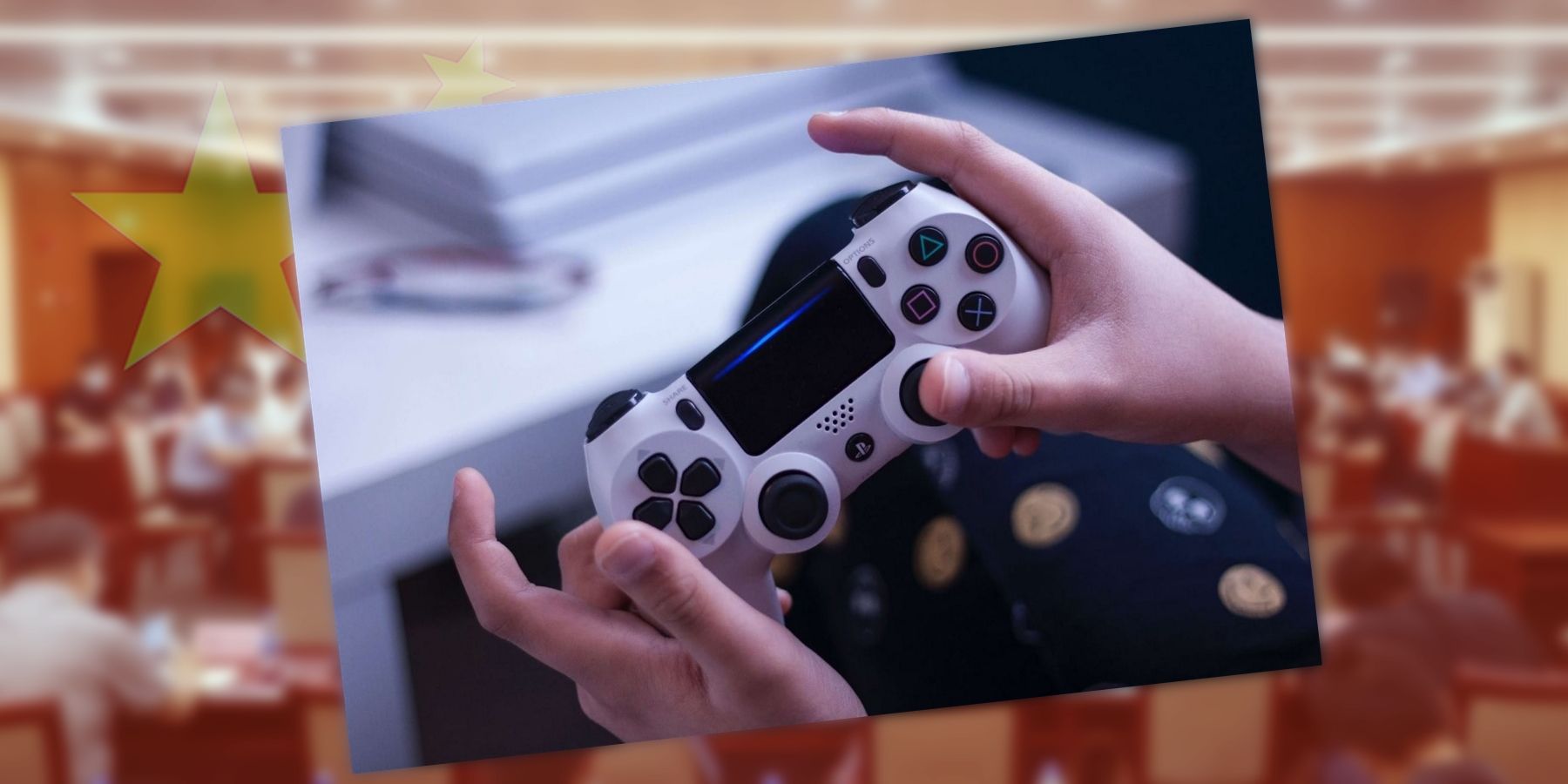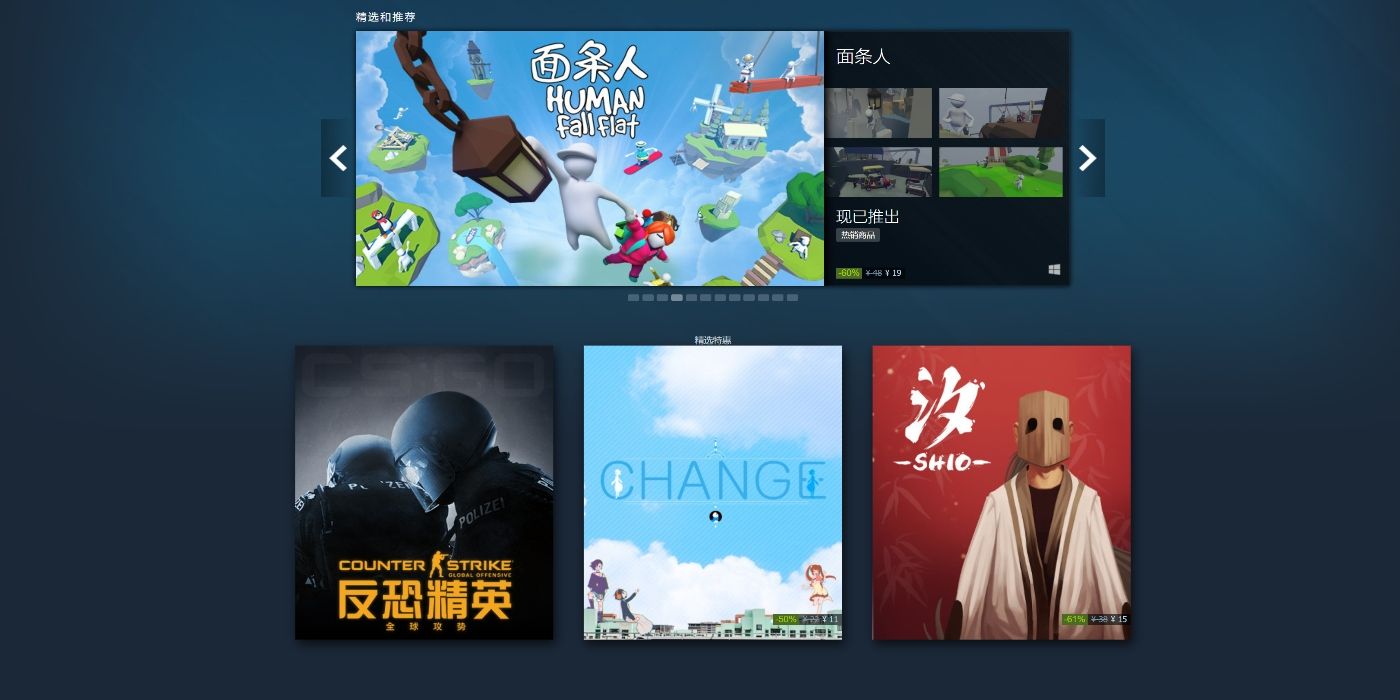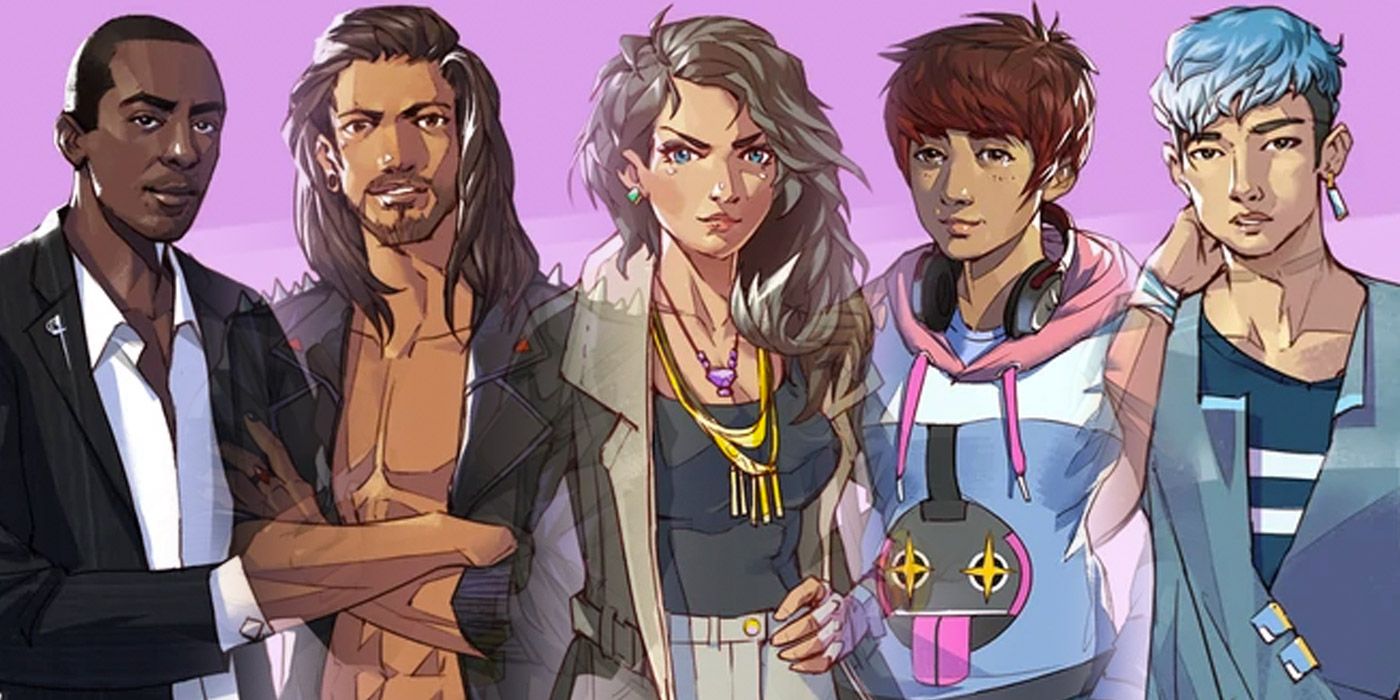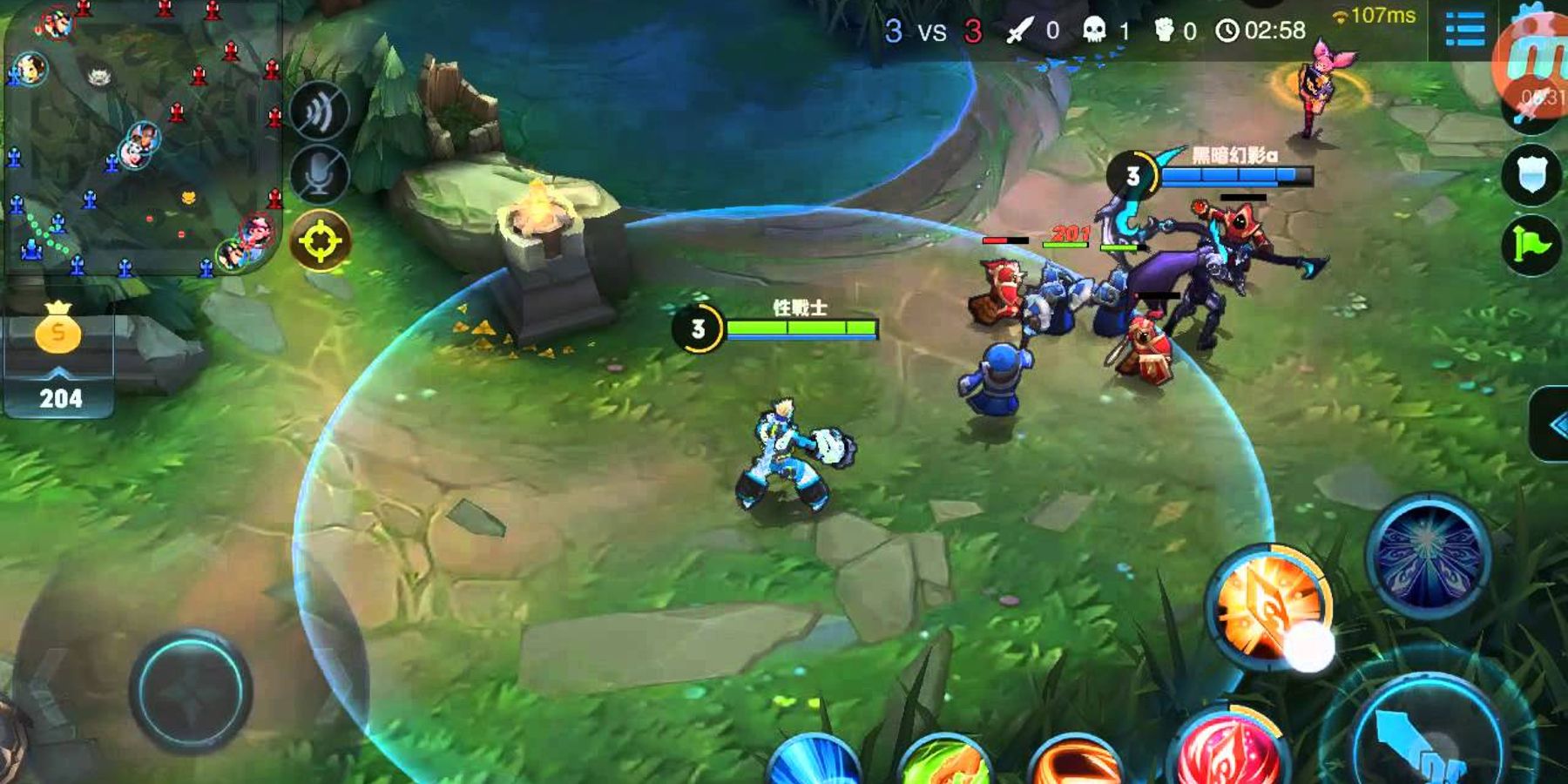China’s relationship with video games has often been fraught, especially with regards to censorship. This is somewhat surprising given the amount of gamers in China outnumbers the US population, and some incredibly popular games like Genshin Impact come from Chinese developers. Companies like Tencent have stakes in huge swathes of the western gaming market too - including shares in Fortnite developer Epic Games. The country’s treatment of the entertainment sector has come under a lot of scrutiny, especially lately with some limitations on online gaming time for children and censorship of character types.
This would not be the first time the country has had a controversial relationship with gaming. Foreign consoles used to be entirely banned from China, with the country’s crackdown on certain sites and storefronts changing frequently. Some companies, like Valve, have custom built new storefronts to suit China’s entertainment laws, and developers often talk at length about how difficult it can be to publish games in China. Unsurprisingly, this became even more difficult following the Hong Kong and Taiwan protests that broke out in 2019. The entertainment arm of China's government has made moves to censor “unsavory” and “vulgar” depictions of characters in entertainment, which could have a larger effect on game development.
Who Controls Game Censorship in China?
Several government branches have an impact on what games can be released in China. The most important of these is by far the National Radio and Television Administration (NRTA). The NRTA (formerly the State Administration of Radio, Film, and Television) is in charge of managing the content of most media products in China. Aspiring developers wishing to release games in the country need to pass their games through the NRTA’s stringent regulations, and can be rejected for a variety of reasons.
In general, content aiming for a Chinese release has to not undermine "Chinese unity" or set "a bad example" for its audiences. For example, it is rumored that the latest MCU blockbuster Shang-Chi will not be releasing in China due to star Simi Liu's previous comments. Liu has described his parents' lives in China as living "in the third world."
There often seem to be inconsistencies with Chinese censorship policies and the interests of its citizens. For example, Cyberpunk 2077 attracted major criticism in China for its remarks on Taiwan, with many calling for a boycott of the title. The game still doesn't have any official release date in the country, possibly in-part due to leaked Xi Jinping Winnie the Pooh jokes in Cyberpunk 2077's data files. In spite of this, Cyberpunk is a bestseller on China's gray market, showing how some unapproved content can still slip through the gaps. This means even when the NRTA makes a clear edict, it's not always certain what games will or won't receive sanctions.
China’s Ban on “Effeminate” Characters
One of China's most recent restrictions could impact a whole host of different titles. Games like Boyfriend Dungeon would be unlikely to pass through the new rules, which aim to combat the an effeminate style that don't promote "traditional culture." The progression described here is apparently "from 'tender' to 'beauty,' and then 'mother'" according to an article from Xinhuanet, an outlet headed by CCCP member He Ping.
The NRTA's approval process for games has apparently slowed recently as part of an effort to avoid games that promote "wrong values" in the country. It comes as part of this movement against "unhealthy cultures." League of Legends champions like Taric have been heavily edited in Chinese appearances. Taric is portrayed as less flamboyant in the Chinese version of the game, a change presumably made to court the massive League of Legends fanbase in the country.
Xinhaunet's views seem to be reflected in recent NTRA conferences, too. A meeting on September 7 discussed a move toward clear requirements regarding "public morals" to encourage "family virtues." Included in that is a strongly held stance against "vulgar and kitsch." In the context of wider representation of diverse body types in God of War and other games, this seems like a potentially regressive move in terms of encouraging gender expression in media.
Recent Chinese Gaming Controversies
China has also recently moved to limit gaming times for its teens. In practice, this means Chinese teenagers are not able to play online games for more than three hours a week (and just between the hours of 8:00 and 9:00 p.m. on Fridays, Saturdays, and Sundays). This is aimed at tackling "gaming addiction" in younger kids, especially with the predatory monetization strategies employed by some online games. To some degree, this move makes sense when the risk of kids spending thousands of dollars on microtransactions is a real worry for some parents.
While not necessarily a controversy, Steam China launched with a sparse collection of only 53 approved games. This was Valve's first official release in the country, but not technically its only presence there. Steam has existed in a gray space in Chinese legality for some time, and allowed some gamers to access otherwise censored titles. The launch of Steam China was intially hotly contested by Chinese game developers, who were worried that the storefront could negatively impact its budding indie game scene.




